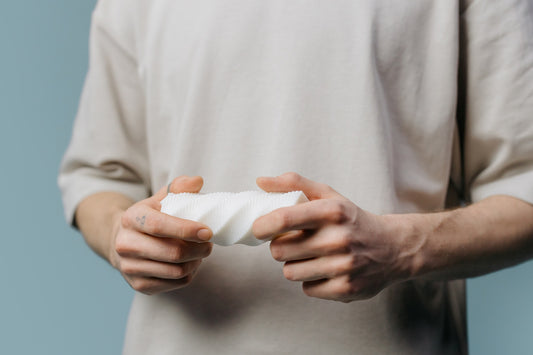What is Bacterial Vaginosis? Symptoms and Treatment
If you're suffering from this condition, you've come to the right place. If not, this is going to be an excellent addition to your knowledge. In this article, you'll learn the symptoms, prevention, and diagnosis of Bacterial Vaginosis. You'll also learn about the best cure for your condition.

Symptoms
A woman may experience a fishy-smelling discharge from the vagina, which is a common sign of bacterial vaginosis. Although this infection typically clears up on its own within a few days, if left untreated, it can lead to more serious problems. Bacterial vaginosis is caused by too many "bad" bacteria in the vagina. Experts aren't sure what causes this imbalance, but douching and having a new sex partner increase the risk of developing this infection.
Causes
Bacterial vaginosis (BV) is a common condition that is caused by an overgrowth of certain types of bacteria in the vagina. The overgrowth is caused by a specific strain of bacteria, but this doesn't mean the entire vagina is infected. According to Kameelah Phillips, a board-certified obstetrician-gynecologist and founder of Calla Women's Health, this overgrowth of bacteria is the cause of BV symptoms.
Treatment for bacterial vaginosis varies from patient to patient, but there are several common treatments. In most cases, the infection resolves on its own within a few days. If, however, the infection recurs, antibiotics may be necessary for a long time. Bacterial vaginosis can be a very embarrassing condition for women, but you should know that it is common and nothing to be embarrassed about. You should see your doctor if you're experiencing any symptoms.
Diagnosis
Infections of the vaginal area are the most common causes of vaginitis and include trichomoniasis, bacterial vaginosis, and vulvovaginal candidiasis. Bacterial vaginosis results from the overgrowth of anaerobic bacteria, which replace the normal lactobacilli. Diagnosis is confirmed when clue cells are present in vaginal fluid.
In most cases, a woman with BV has no symptoms. In others, an unpleasant vaginal discharge occurs after sexual intercourse. Sometimes, this discharge is thicker or thinner than normal. Other symptoms of bacterial vaginosis include itching and pain during urination. However, without a definitive diagnosis, self-treatment of bacterial vaginosis is not recommended.
Treatment
Antibiotics are a good option for treating bacterial vaginosis (BV). Although these medications do cure BV, they can also lead to other complications, such as diarrhea and metal taste in the mouth. In addition, more than half of patients treated with antibiotics require another course of treatment within a year.
If you're pregnant and suspect you may have BV, your doctor will probably recommend an antibiotic treatment plan that will help clear up your infection. Antibiotics can be administered either in an oral or vaginal suppository. Both types of antibiotics kill the bacteria that cause BV. The type of treatment you receive depends on your personal preference and medical history. Antibiotics are the only treatment for BV that's proven to clear up the infection.
Home remedies for bacterial vaginosis include garlic supplements, yogurt, and hydrogen peroxide. However, these options aren't well-studied, and you may experience recurrences after completing treatment. In either case, a visit to your primary care provider or gynecologist is necessary for proper treatment.
Prevention
While there is no cure for bacterial vaginosis, there are a few things you can do to minimize your risk of contracting the infection. One of the first things you can do is to stop using certain feminine hygiene products. These products contain certain bacteria that can cause bacterial vaginosis. Avoid them and your risk will be greatly reduced. Also, try to use condoms if you have trouble avoiding the bacterial growth!




